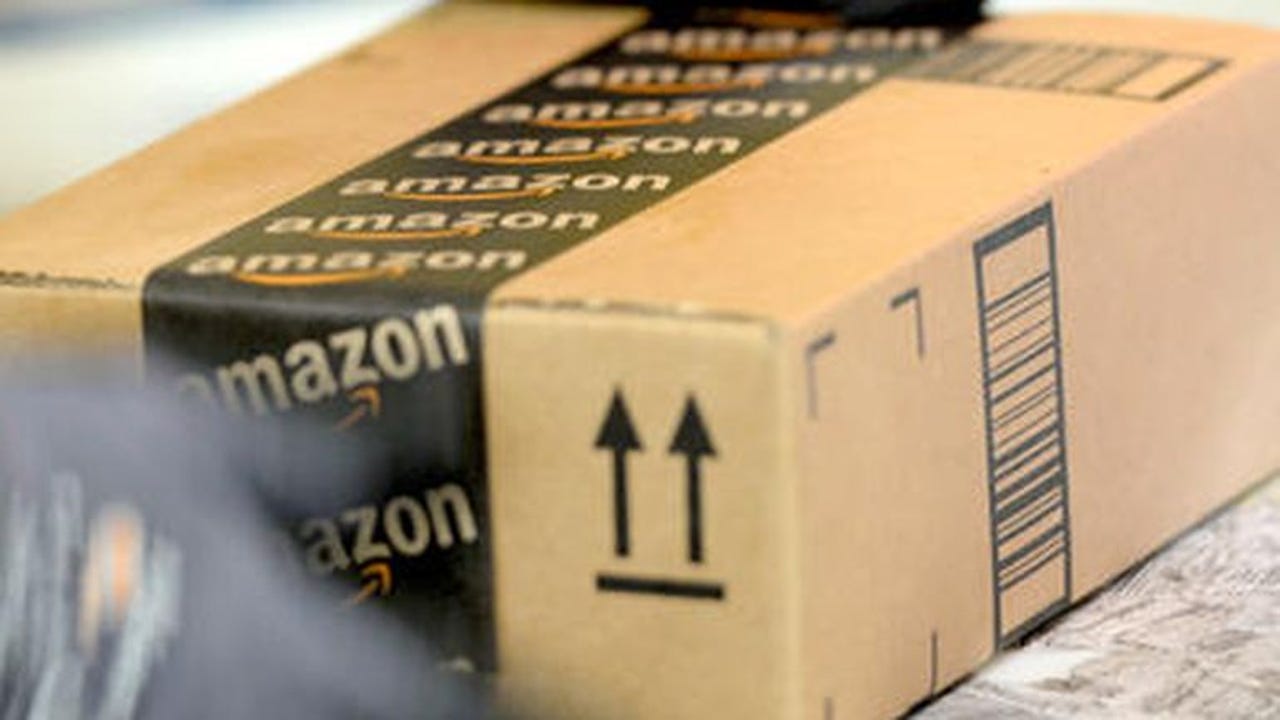Amazon kills dodgy review system linked to free, discount products

Amazon has taken a stand against less-than-honest views with revisions to the firm's terms of service in an attempt to keep review quality under control.
Amazon has become one of the largest and most well-known e-commerce giants online. The company operates worldwide and not only hosts everything from paint to clothing but has also expanded into groceries, fresh food, and most recently, restaurants (not to mention experiments with same-day delivery via drone and connected home technology).
See also: Amazon, Morrisons strike online UK groceries deal
However, with size often comes corruption. There are a thousand ways for scammers to quietly make a fortune off Amazon-hosted e-books by fiddling with reviews, and now, Amazon wants to tackle the problem of dishonest reviews as a whole.
In an update to community guidelines this week, Chee Chew, VP of Customer Experience at Amazon revealed that with the exception of paying people outright for reviews, if they received a free or discounted product, "incentivized" reviews were once acceptable.
However, in reality, if someone is given a free or heavily discounted item, the likelihood is they will want to keep that vendor sweet and not burn a bridge -- and so the review may not be as honest as you would like -- and the only stipulation the user has to adhere to is to mention the link within their review.
This, in turn, could give vendors a competitive edge over other businesses which provide better products but do not give away freebies.
That's not to say there are not plenty of reviewers out there that do not give honest, trustworthy product reviews. But that does not solve Amazon's overarching problem of its review system acting as a battleground for competitive businesses -- some of which were happy to manipulate it to turn a profit.
In a recent study, researchers found that in an analysis of seven million products sold on Amazon, incentivized reviews received higher average ratings.
According to ReviewMeta, non-incentivized products -- a total of 5,071,232 reviews -- were awarded an average rating of 4.36, while 2,174,802 reviews for free or discounted items were granted an average score of 4.74.
While it might not seem like much, a 0.38 percent quality increase can boot an item from standard listings in the 54th percentile to the top rated, 94th percentile.
This is not only unfair to competitors which do not participate in incentivized review schemes but can also damage user trust of the Amazon platform itself if they see high-star reviews for items which have been given out to reviewers, but standard reviews for the same product are far poorer.
So, what about the Amazon Vine program? This product-for-review scheme is exempt from the changes -- alongside e-books -- as the retail giant is "happy with feedback from customers and vendors."
Amazon says:
"Amazon - not the vendor or seller - identifies and invites trusted and helpful reviewers on Amazon to post opinions about new and pre-release products; we do not incentivize positive star ratings, attempt to influence the content of reviews, or even require a review to be written; and we limit the total number of Vine reviews that we display for each product.
Vine has important controls in place and has proven to be especially valuable for getting early reviews on new products that have not yet been able to generate enough sales to have significant numbers of organic reviews."
With the exception of Vine, this practice appears to have gone under the radar for long enough. While you can almost certainly bet that some vendors will find ways to circumvent these changes quickly, any improvement to the Amazon review system can only be a bonus for customers and legitimate reviewers alike.
